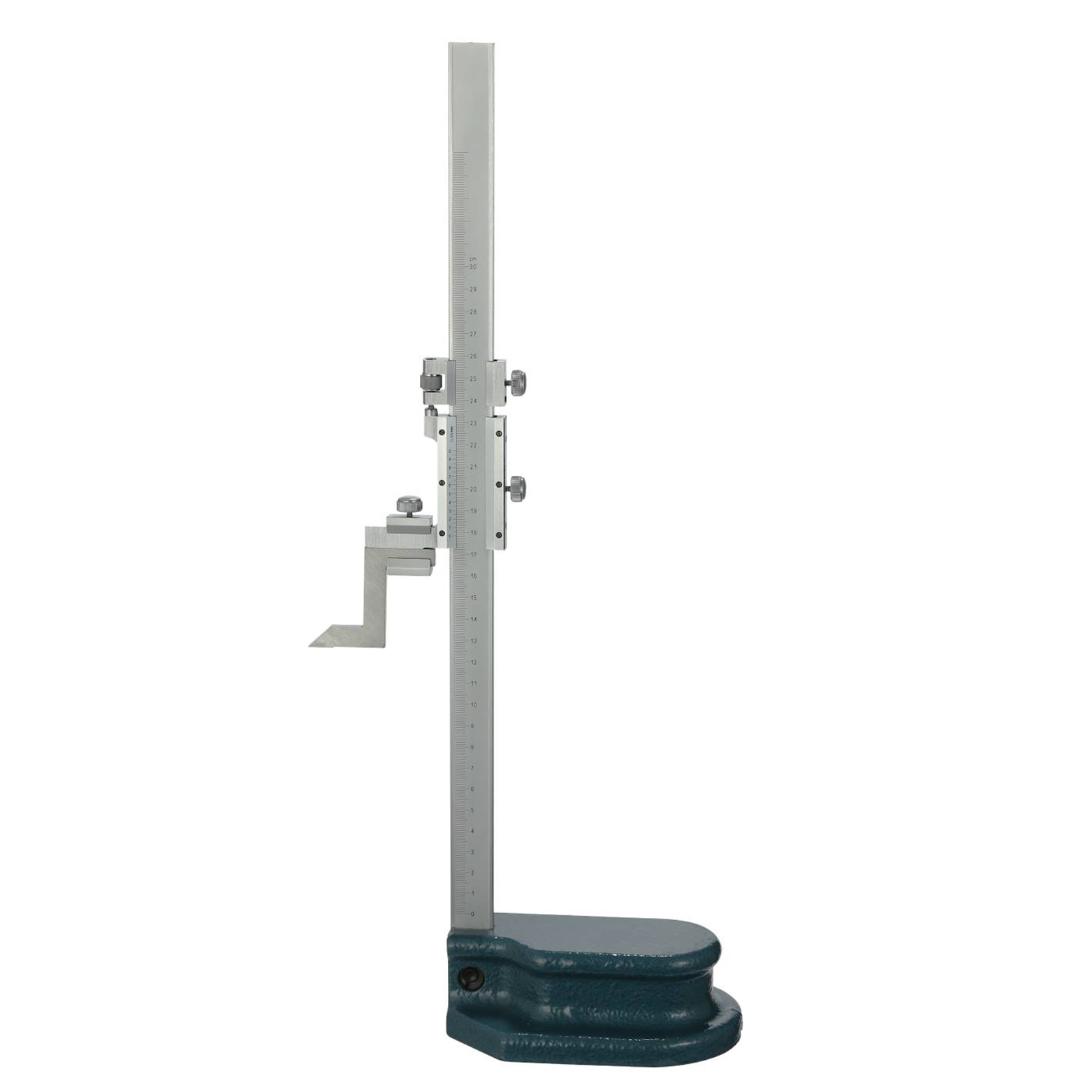T Slot End Mill Supplier
Selecting the right T Slot End Mill Supplier is crucial for achieving precise and efficient machining. This guide explores the key factors to consider when choosing a supplier, different types of T slot end mills, their applications, and common issues faced by machinists, ensuring you find the optimal tool for your specific requirements and achieve high-quality results.
Understanding T Slot End Mills
T slot end mills are specialized cutting tools designed to create T-slots in workpieces. These slots are commonly used for mounting fixtures, securing components, and creating channels for various applications in manufacturing and engineering.
What is a T Slot?
A T-slot is a groove with a narrow opening and a wider inner section, resembling the shape of the letter 'T'. The narrow opening allows for the insertion of a T-bolt or a similar fastener, which can then be tightened to secure a component within the slot. They're used in machine tables, jigs, fixtures, and extrusion profiles.
Types of T Slot End Mills
Several types of T slot end mills cater to different materials, slot sizes, and machining requirements:
- Standard T Slot End Mills: General-purpose mills for creating standard T-slots in various materials.
- Indexable T Slot End Mills: Feature replaceable carbide inserts, offering cost-effectiveness and extended tool life. Ideal for high-volume production.
- Solid Carbide T Slot End Mills: Provide excellent rigidity and precision, suitable for machining hard materials and achieving tight tolerances.
- Long Reach T Slot End Mills: Designed for creating T-slots in deep or hard-to-reach areas.
Key Considerations When Choosing a T Slot End Mill Supplier
Selecting the right T Slot End Mill Supplier impacts the quality of your machining operations and the lifespan of your tools. Here's what to consider:
Tool Material and Coating
The material of the end mill significantly affects its performance and durability. Common materials include:
- High-Speed Steel (HSS): Suitable for general-purpose machining and softer materials. More affordable but less wear-resistant than carbide.
- Carbide: Offers superior hardness, wear resistance, and heat resistance. Ideal for machining harder materials and high-speed applications.
Coatings further enhance tool performance:
- Titanium Nitride (TiN): Increases wear resistance and lubricity.
- Titanium Aluminum Nitride (TiAlN): Provides excellent heat resistance, ideal for high-speed machining of abrasive materials.
- Diamond-Like Carbon (DLC): Reduces friction and improves surface finish.
Size and Geometry
Choose an end mill with the appropriate shank diameter, cutting diameter, and cutting length for your T-slot dimensions and machine capabilities. Consider the number of flutes – more flutes provide a better surface finish but can reduce chip evacuation in deeper slots.
Supplier Reputation and Experience
Partner with a reputable T Slot End Mill Supplier with a proven track record of delivering high-quality tools and excellent customer service. Look for suppliers with technical expertise who can assist with tool selection and application advice. Wayleading Tools at www.wayleading.com has been providing high-quality cutting tools for over a decade.
Pricing and Availability
Compare pricing from different suppliers and consider the overall value, including tool life, performance, and support. Ensure the supplier has reliable stock and efficient delivery to minimize downtime.
Applications of T Slot End Mills
T slot end mills are essential in various industries:
- Metalworking: Creating T-slots in machine tables, fixtures, and molds.
- Woodworking: Fabricating jigs and fixtures for woodworking machinery.
- Prototyping: Manufacturing custom components and assemblies.
- Aerospace: Machining structural components with T-slots for fastening.
Troubleshooting Common Issues
Machinists may encounter issues when using T slot end mills. Here are some common problems and solutions:
- Chipping or Breakage: Reduce cutting speed and feed rate. Ensure proper tool clamping and rigidity. Consider using a tougher grade of carbide or a coated end mill.
- Poor Surface Finish: Increase cutting speed, reduce feed rate, and use an end mill with more flutes. Ensure adequate coolant supply.
- Vibration: Reduce cutting speed and feed rate. Use a shorter end mill or a more rigid tool holder.
- Premature Wear: Select a more wear-resistant tool material or coating. Optimize cutting parameters and coolant application.
Comparing T Slot End Mill Materials: A Quick Guide
| Material | Pros | Cons | Typical Applications |
|---|---|---|---|
| High-Speed Steel (HSS) | Affordable, good for general-purpose machining | Lower wear resistance, not suitable for hard materials | Aluminum, soft steels, wood |
| Carbide | High hardness and wear resistance, excellent heat resistance | More expensive than HSS, can be brittle | Steel, stainless steel, cast iron, hardened materials |
| Carbide with TiAlN Coating | Improved heat resistance, suitable for high-speed machining | More expensive than uncoated carbide | High-speed machining of abrasive materials like cast iron and hardened steels |
Conclusion
Choosing the right T Slot End Mill Supplier and understanding the nuances of T-slot machining are essential for achieving accurate and efficient results. By carefully considering the factors outlined in this guide, machinists can select the optimal tools for their specific applications and ensure the quality and longevity of their machined components. Consider contacting a reputable supplier like Wayleading Tools for expert advice and high-quality T slot end mills.
Related products
Related products
Best selling products
Best selling products-
 Precision V Block And Clamps Set With High Quality Type
Precision V Block And Clamps Set With High Quality Type -
 Precision Dustproof Dial Caliper Of Double Shock-Proof For Industrial
Precision Dustproof Dial Caliper Of Double Shock-Proof For Industrial -
 MT-APU Drill Chuck Holder With Keyless Type
MT-APU Drill Chuck Holder With Keyless Type -
 CCMT Turning Insert For Indexable Turning Tool Holder
CCMT Turning Insert For Indexable Turning Tool Holder -
 Digital Depth Gauge With Stainless Steel For Industrial Type
Digital Depth Gauge With Stainless Steel For Industrial Type -
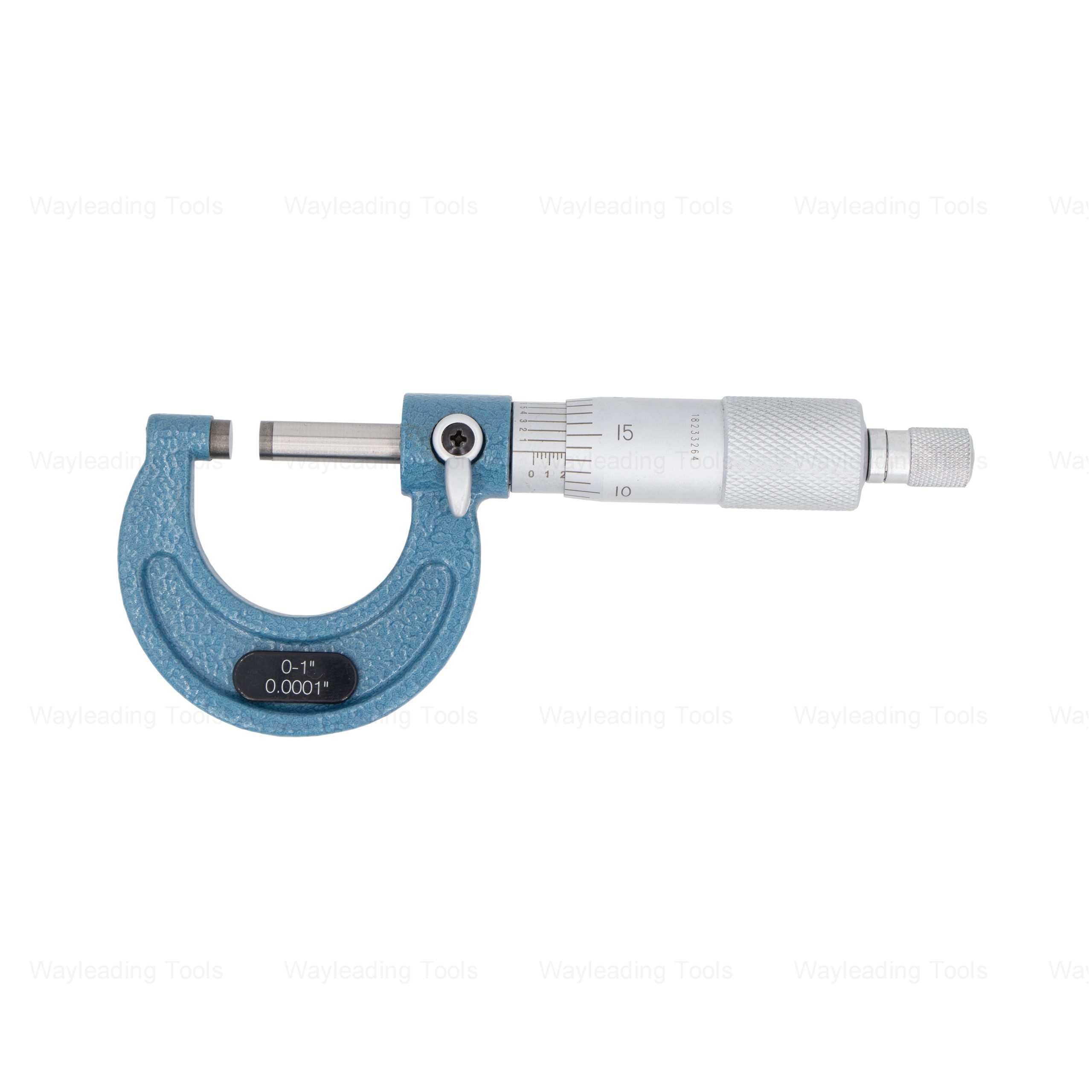 Premium Outside Micrometer – Metric & Inch, Ratchet Stop, Industrial Grade
Premium Outside Micrometer – Metric & Inch, Ratchet Stop, Industrial Grade -
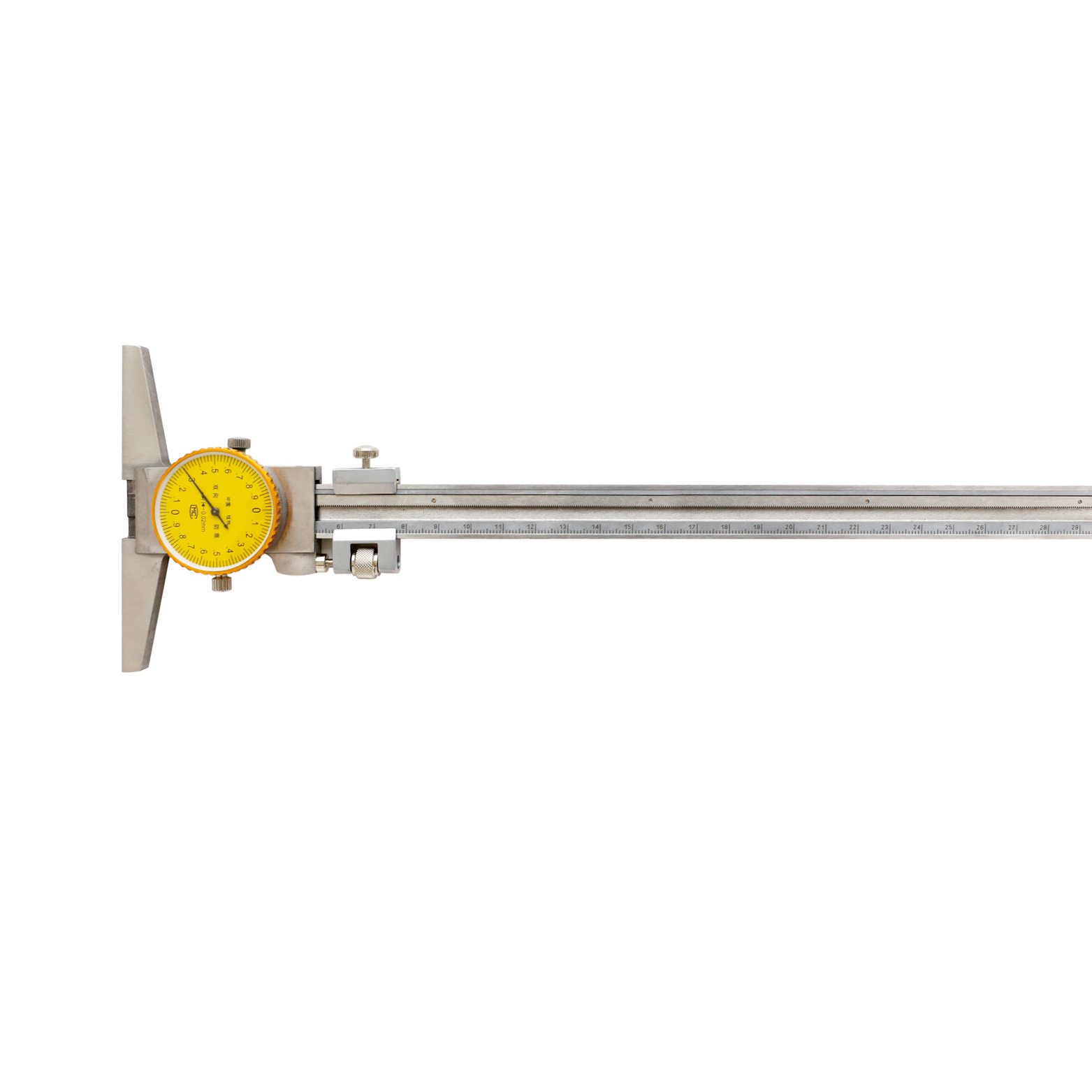 Dial Depth Gauge With Stainless Steel For Industrial Type
Dial Depth Gauge With Stainless Steel For Industrial Type -
 Double-beam Digital Gauge With Digital Counter
Double-beam Digital Gauge With Digital Counter -
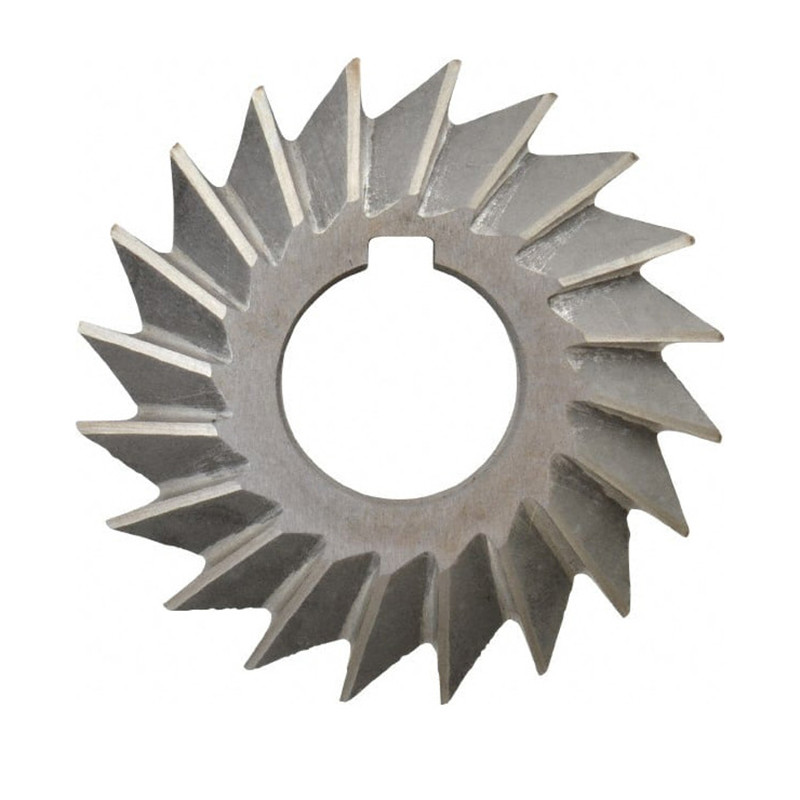 HSS Inch & Metric Single Angle Milling Cutter For Industrial With Bright Or TiN Coated
HSS Inch & Metric Single Angle Milling Cutter For Industrial With Bright Or TiN Coated -
 Vernier Height Gauge With Magnifier With Adjustable Main Bean
Vernier Height Gauge With Magnifier With Adjustable Main Bean -
 HSS Metric Square Tool Bit With Industrial Type
HSS Metric Square Tool Bit With Industrial Type -
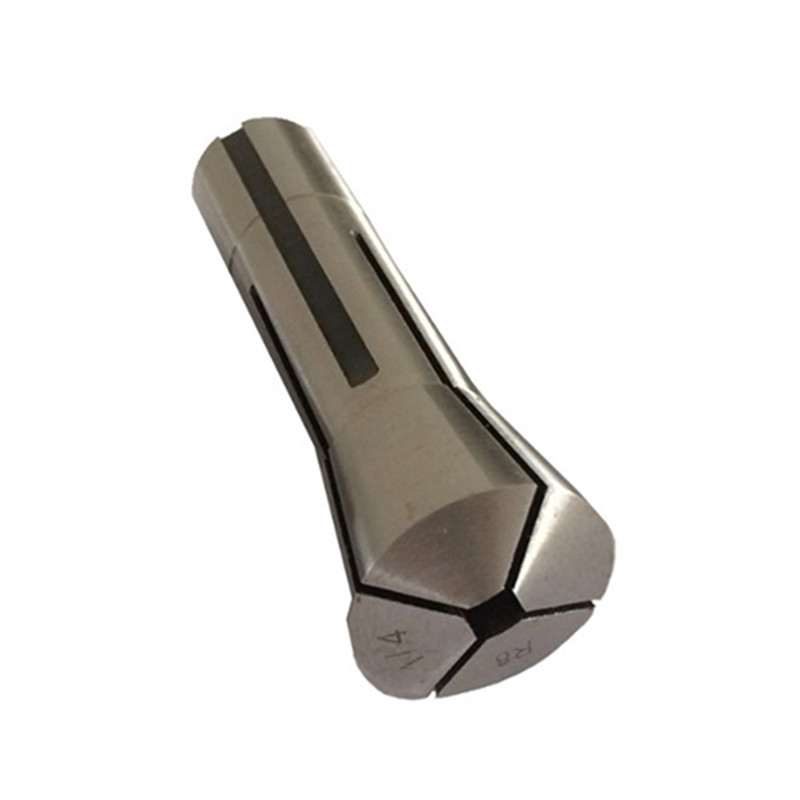 R8 Square Collet With Inch and Metric Size
R8 Square Collet With Inch and Metric Size





